Airline tickets and textbooks continue to be capped by the State to have a management tool, avoiding negative impacts on people, especially low-income people.
On the afternoon of June 19, with the majority of delegates in favor, the National Assembly passed the Law on Prices (amended). Accordingly, the State will continue to impose price ceilings on airline tickets and textbooks to have a management tool, avoiding negative impacts on people, especially low-income people.
Why continue to impose price ceilings on airline tickets?
Before the National Assembly voted to pass the law, on behalf of the National Assembly Standing Committee, Chairman of the Finance and Budget Committee Le Quang Manh explained why the price frame for this item has not been removed to follow the market mechanism.
There are currently 6 airlines operating domestic routes, but in reality, the market share is still held by 3 major airlines, of which Vietnam Airlines has about 35%, Vietjet Air 40% and Bamboo Airways 16%. According to the Competition Law, this market has limited competition, and in the immediate future, the State still needs tools to manage domestic aviation service prices to stabilize the market.
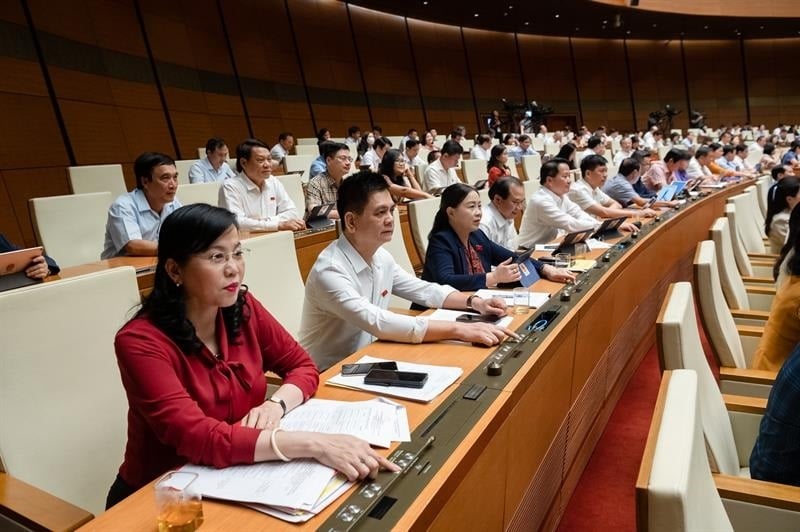 |
| National Assembly deputies voted to pass the draft Law on Prices (amended). |
In the long term, when the means of transport develop synchronously, with many options for people, the regulations on domestic air passenger transport service prices will be calculated appropriately. The regulation on ceiling prices for air tickets still ensures the initiative of businesses. Because, currently, airlines still have the right to decide on service prices, including air tickets, only economy class cannot exceed the ceiling price.
"If there is no price ceiling, it means that the State has abandoned the price regulation tool. Airlines can completely offer high airfares for economy class, especially during holidays, Tet, tourist season, and high travel demand. This affects people, especially low-income people who have difficulty accessing aviation services, increasing social costs. In fact, there have been times (such as the recent occasions of April 30 and May 1, 2023), when airlines have simultaneously increased airfares, causing negative impacts on tourism activities and people's psychology," explained Chairman of the Finance and Budget Committee Le Quang Manh.
Impose price ceiling on textbooks; do not include pork in price stabilization products
In addition, according to the Law on Prices (amended) just passed today, textbook pricing is also based on a price ceiling.
Explaining this, Chairman of the Finance and Budget Committee Le Quang Manh stated that this is an essential commodity, with a large consumer base and the price of this commodity directly affects the majority of people. Currently, publishers still add the cost of publishing books, with very high discounts (28-35% of the cover price), leading to prices being pushed up compared to the income of many people. Therefore, it is necessary to have control tools to ensure that there are no negative impacts.
In addition, the Standing Committee considers it reasonable not to set a floor price for textbooks because this is a special product, with mandatory consumption, including vulnerable groups. If a floor price is set, book publishers cannot sell to people at a price lower than the floor price, which directly affects the interests, especially those of low-income people.
On the other hand, textbooks are a diverse product in terms of types and consumed nationwide, so calculating a suitable floor price for each type of book and suitable for all different regions is difficult. In practice, depending on the socio-economic situation at each time, the Government will decide on a suitable ceiling price...
"Thus, to stabilize the market for textbook prices, create healthy competition, and protect consumer interests, the National Assembly Standing Committee proposes to only regulate ceiling prices, not floor prices, for textbooks in the draft law," said Chairman Le Quang Manh.
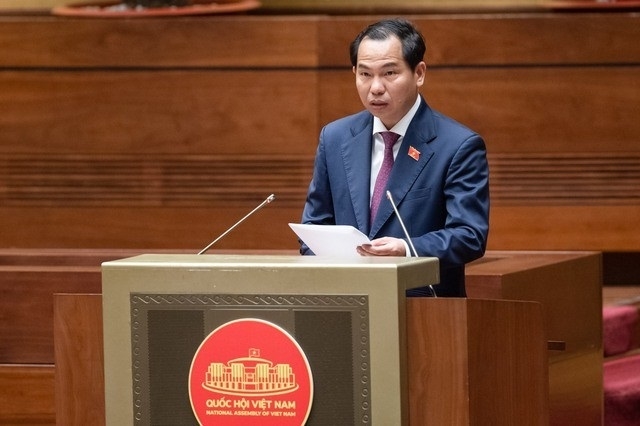 |
| Chairman of the Finance and Budget Committee Le Quang Manh spoke at the meeting. |
In particular, for electricity, the State still sets the price of this item. The National Assembly Standing Committee explained that price setting is the State's highest level of regulation of the price of goods and services to ensure the goals of limiting monopoly and people's lives.
According to Article 30 of the Electricity Law, electricity prices are adjusted based on cost factors and the level and time of price changes are considered in the context of the country's socio-economic development conditions and people's income.
Thus, when implementing pricing measures, the State has taken into account the goal of harmonizing interests among parties, including the goal of stabilizing prices in accordance with the socio-economy.
The Law on Prices (amended) was passed and also removed pork and milk for the elderly from the list of goods and price stabilization after receiving opinions from National Assembly deputies and the National Assembly Standing Committee.
GRASSLAND
Source







![[Photo] General Secretary To Lam attends the 80th anniversary of Vietnam's diplomacy](https://vstatic.vietnam.vn/vietnam/resource/IMAGE/2025/8/25/3dc715efdbf74937b6fe8072bac5cb30)



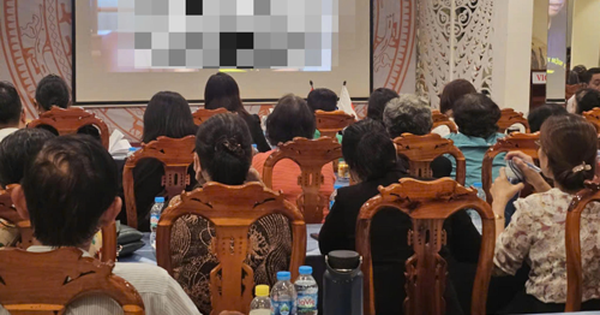










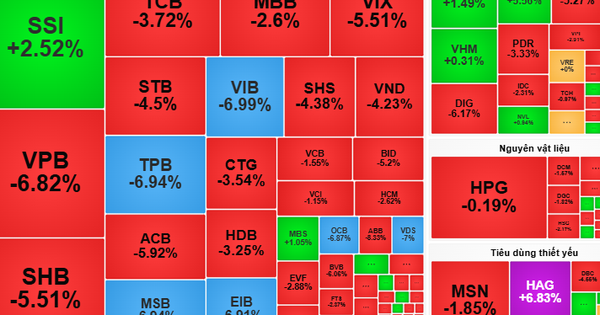



































































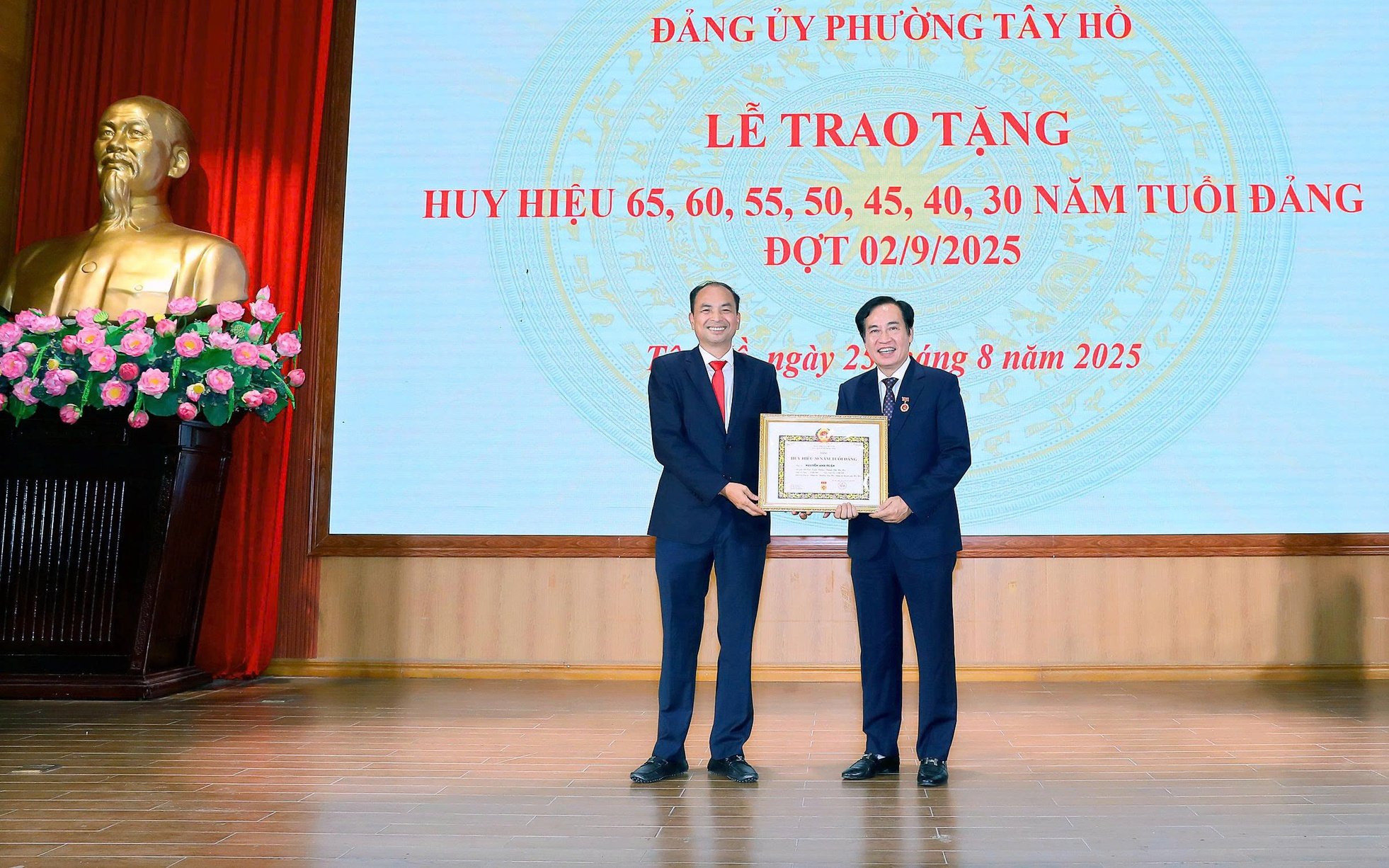















Comment (0)